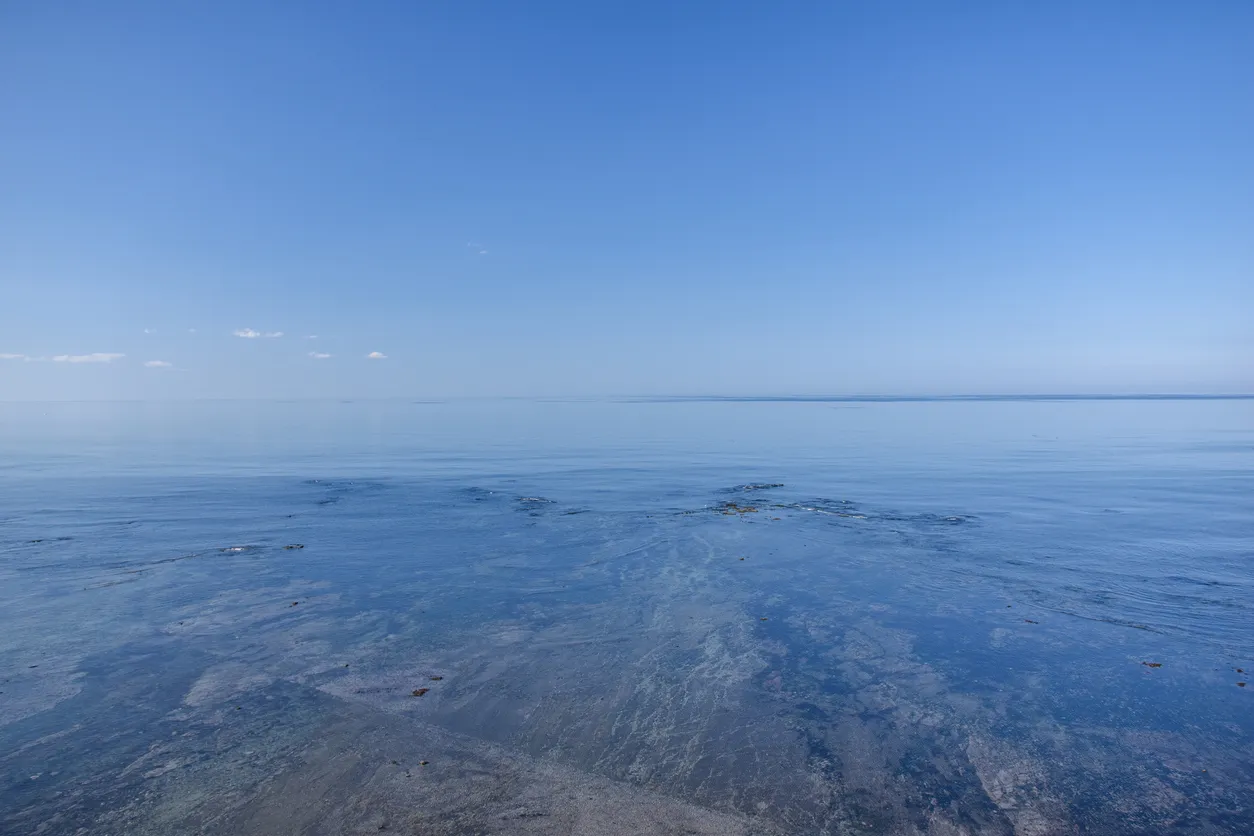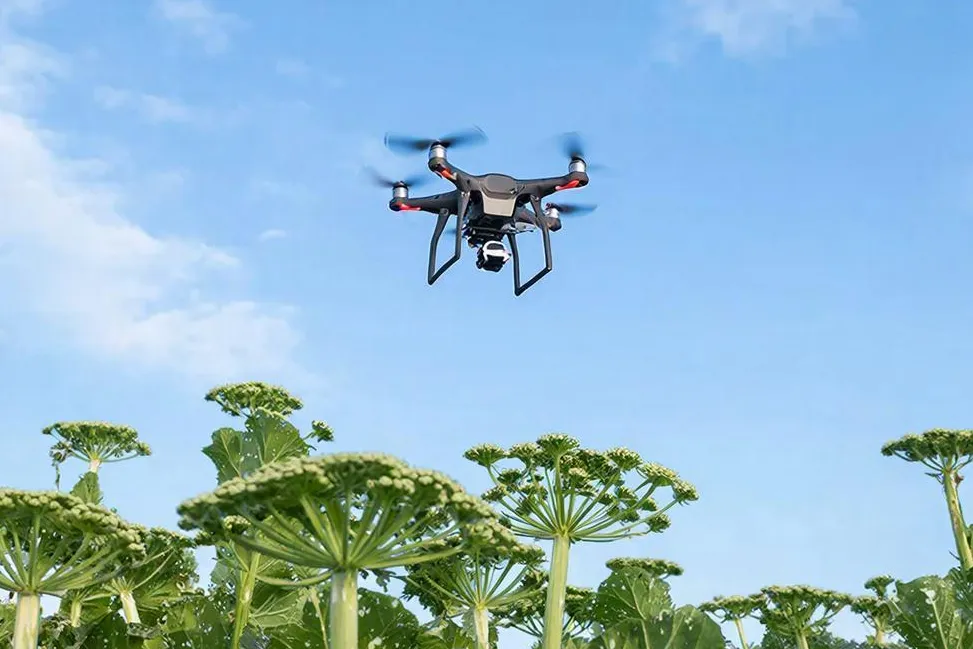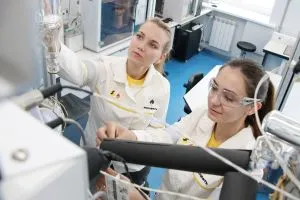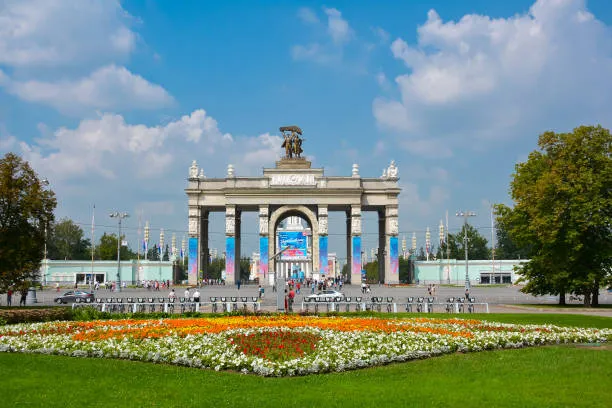Russia’s Science on Export: How Research Hubs Became Tools of Global Tech Diplomacy
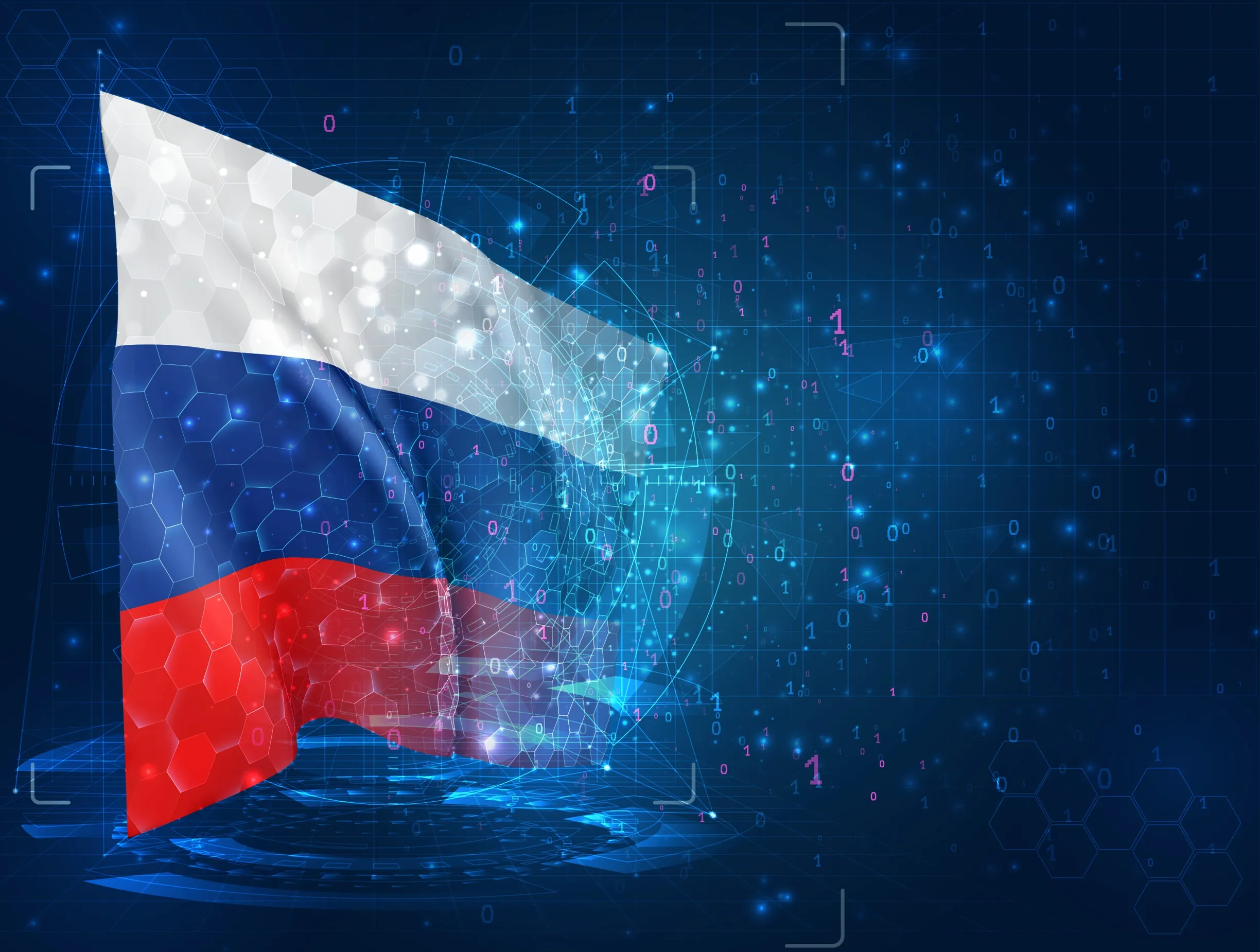
As geopolitical tensions reshape global tech alliances, Russia is building scientific partnerships to not only advance research, but to export influence, attract investment, and propose alternative paths for international collaboration.
Scientific Hubs as Soft Power Platforms
In response to growing technological isolation and the push for self-reliance, Russia has transformed its science infrastructure into a global-facing enterprise. Institutions like the Skolkovo Innovation Center, Skolkovo Institute of Science and Technology (Skoltech), and the Russian Foundation for Basic Research (RFBR) are emerging as exporters of knowledge, hosting joint labs and cross-border R&D.
At the May 2025 Startup Village conference, Skolkovo signed MOUs with Egypt’s Silicon Waha and India’s T-Hub, laying the groundwork for joint research campuses and startup integration programs. Earlier, Russian biotech and AI startups had presented in India—positioning Russia as a source of deployable frontier tech.

Skoltech and RFBR: Engineering Global Research Networks
Skoltech has signed over 50 agreements with international partners—stretching from France and the UAE to Thailand and Iran. These deals span quantum computing, medical robotics, climate tech, and neurointerfaces.
RFBR’s BRICS STI grant program, meanwhile, funds joint projects between Russian researchers and peers in Brazil, India, China, South Africa, and now Iran and Latin America. By enabling large-scale, collaborative science, these programs serve as diplomatic bridges where formal politics falter.
Iran Partnership and the BRICS+ Scientific Bloc
In May 2025, Russia and Iran signed a strategic cooperation agreement that includes lab development in nuclear tech, space science, and ecological engineering. This move reflects a broader trend: countries excluded from Western innovation ecosystems are aligning to co-develop infrastructure and exchange intellectual capital.
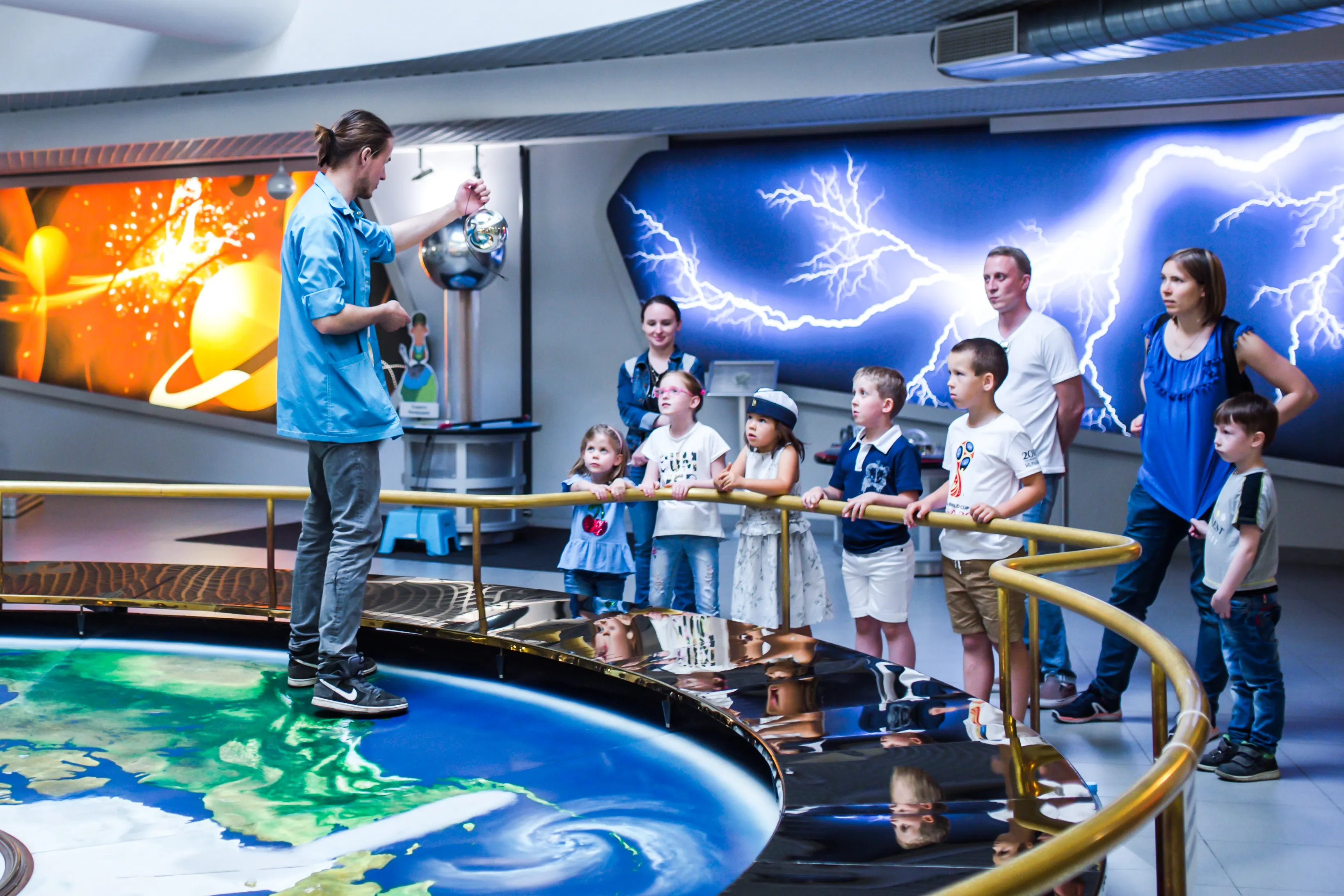
Russia’s growing presence in the BRICS+ framework gives it leverage in shaping a parallel global scientific order—one with its own standards, priorities, and technological pathways.
Science as Infrastructure for Geopolitical Influence
Scientific diplomacy is no longer just about joint papers—it’s about strategic infrastructure. Russian labs abroad help host nations build local capacity while positioning Russia as a high-tech ally.
The Royal Society calls this model a new form of ‘progressive diplomacy,’ with labs and incubators replacing embassies as symbols of engagement. For Russia, the appeal is twofold: create tech spillovers that open export markets and use academic exchange to foster political goodwill.
With international students, joint centers, and shared infrastructure, Russian research hubs are evolving into platforms of global relevance—blending science with statecraft in a rapidly fragmenting world.





























